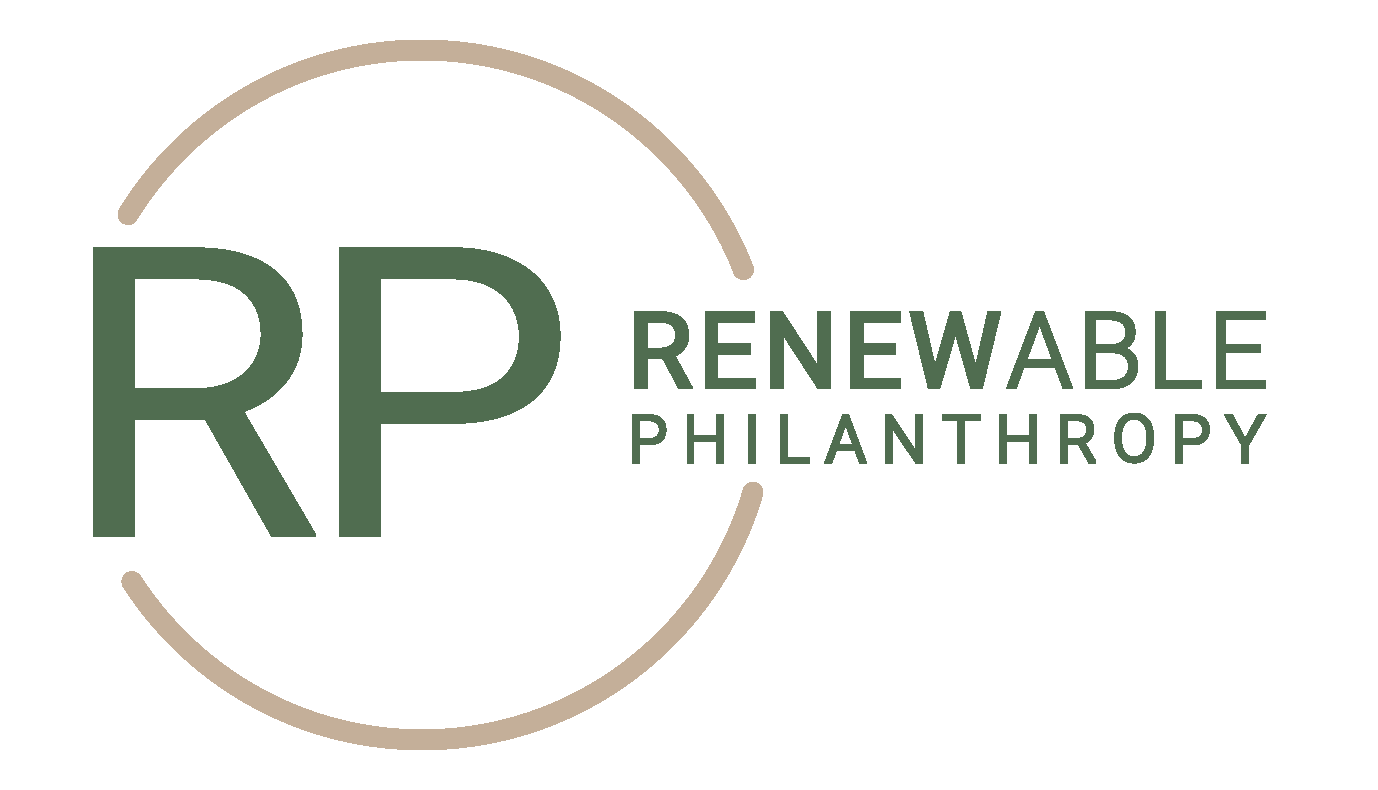Is this a crazy idea? Let’s look a little deeper. Low donor renewal happens when people don’t make a meaningful connection with the benefits of their gift. Donor-advised funds are managed by professional investment managers who work for the donors investing their philanthropy. The donor doesn’t need to have any relationship with the development professional, executive or other leaders.
What motivated the invention of donor-advised funds? Could it be related to the focus on money? People with the ability to make larger gifts are protecting themselves from strategic-type relationships that focus on getting their money. In actuality donor-advised funds create a wall separating the donor and organization’s staff. The result is mostly a business transactional experience. The opportunity for real and meaningful connection is lost.
Development professionals report that when financial goals are met, they are not questioned about how much of the money comes from current donors. Renewing donors get more lip-service than commitment.
Strategies and systems to meet financial goals take the full energy of staff and leaders. Awareness of individual donor’s needs is not a priority. For the donor making a gift feels strategic and lacks real connection. The donors are not experiencing contact that has integrity or values them.
Without trust and meaningful connection feelings of suspicion can grow. In fact, when the donor’s experience is mostly about financial needs of the organization, there is little appreciation or information for building a continuing relationship.
A giving culture based on financial goals has consequences. Donor-advised funds are one outcome. Is it possible to become more people-oriented? Can we look inside our training, expectations, and experience to show-up differently?
